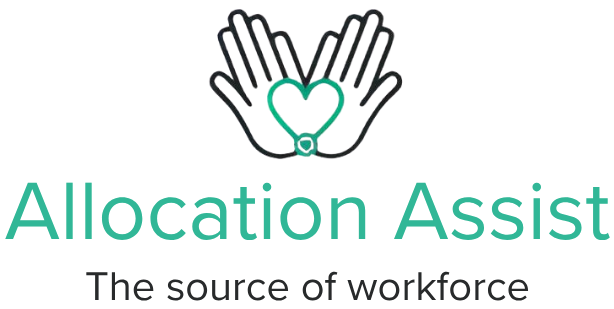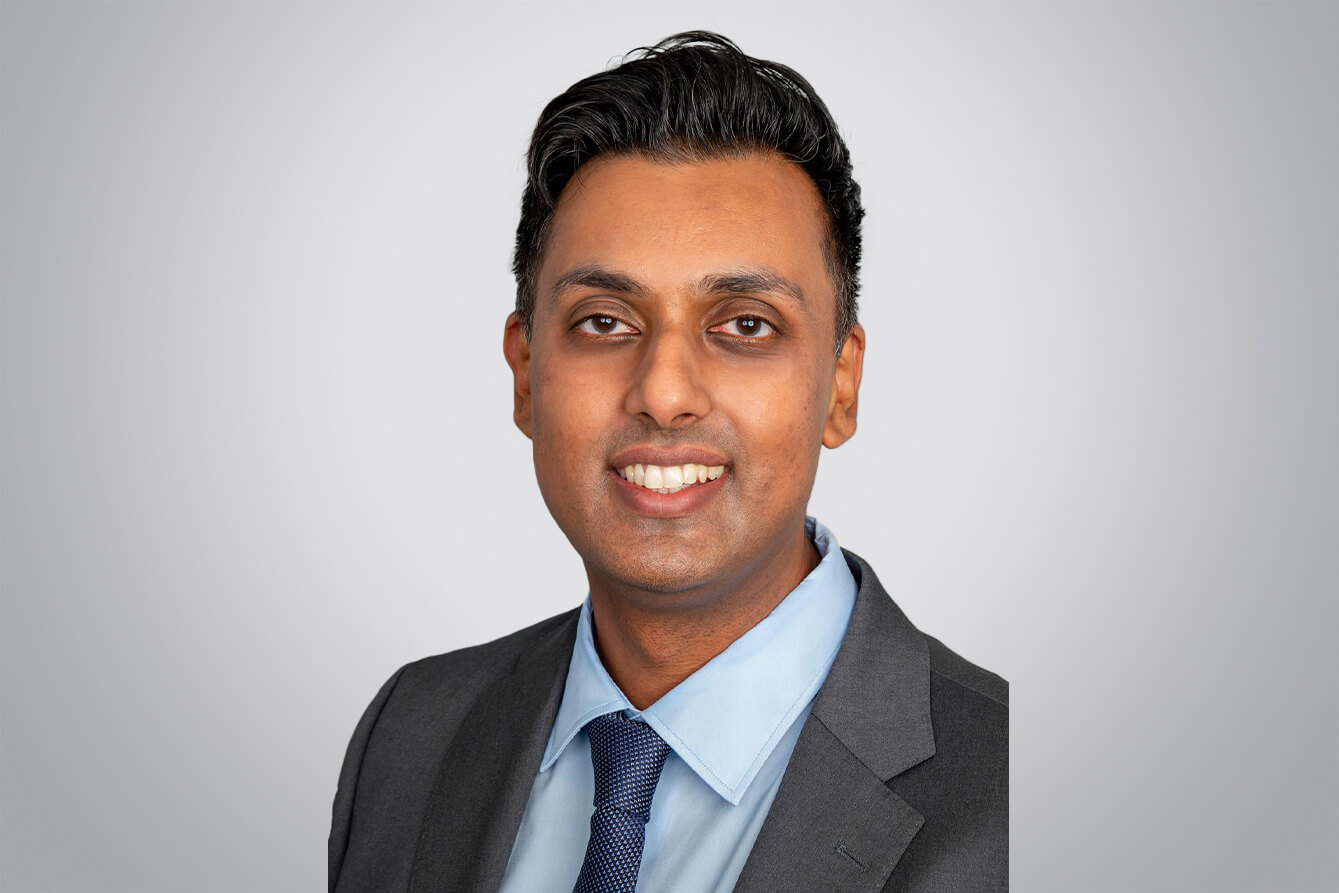You’ll find that the Dubai Health Authority (DHA) drives extensive healthcare regulation through five key areas in 2025. The DHA oversees digital transformation initiatives across 1,500+ facilities, enforces strict patient data protection standards, maintains rigorous licensing frameworks, regulates medical tourism quality, and advances healthcare innovation. Their unified system manages 9.5 million patient records while ensuring compliance with UAE Health Data Law. Understanding DHA’s regulatory scope reveals how they’re shaping Dubai’s healthcare future.
Digital Transformation and Smart Health Solutions

As Dubai accelerates its healthcare modernization, the Dubai Health Authority has spearheaded an extensive digital transformation through its flagship NABIDH initiative, which has successfully unified over 9.5 million patient records across 1,500+ facilities.
The Authority has launched comprehensive AI training programs to equip its workforce with digital transformation skills. The Authority’s commitment to digital health is evident in its 82% workforce adoption rate and implementation of Patient Privacy Intelligence for enhanced data security. You’ll find smart solutions integrated throughout the ecosystem, from AI-driven analytics for population health management to standardized interoperability protocols connecting various healthcare systems. The strategy emphasizes patient-centric delivery through collaborative partnerships with healthcare stakeholders.
The Authority’s cloud migration strategy and robust cybersecurity measures guarantee scalable, secure data processing while supporting real-time integration across providers. These digital health advancements position Dubai as a leader in healthcare innovation, creating a foundation for personalized care delivery and improved patient outcomes.
Patient Data Protection and Safety Standards
While advancing its digital healthcare ecosystem, the Dubai Health Authority maintains stringent patient data protection standards aligned with the UAE Health Data Law. You’ll need to comply with thorough privacy policies that govern data collection, processing, and sharing. Patient consent requirements are particularly strict, requiring written authorization for any secondary use of health information. Healthcare providers must retain all patient health records for twenty-five years minimum after the last medical procedure. Each healthcare facility must designate a Data Protection Officer to ensure ongoing compliance with data protection regulations. All sensitive data is protected through encryption methods to ensure maximum security of patient information.
| Requirement | Primary Use | Secondary Use |
|---|---|---|
| Consent Type | Implicit | Written Express |
| Data Access | Role-based | Ethics Approval |
| Security Level | Standard PHI | Enhanced PHI |
The Authority enforces robust security measures, including technical safeguards against unauthorized access and strict controls on international data transfers. You must implement role-based access controls and guarantee data localization compliance unless specifically authorized. Non-compliance can result in significant penalties, while patient rights include access to and correction of their health information.
Licensing Framework and Professional Compliance

Through its extensive licensing framework, the Dubai Health Authority maintains strict control over healthcare facility operations and professional credentials. You’ll find that licensing challenges often arise during the credential verification process, where the DataFlow system authenticates your qualifications and experience certificates. Professional ethics remain at the forefront, with the Health Regulation Sector enforcing strict compliance protocols. The process typically requires Sheryan system submissions for document verification and fee payments. Medical practitioners must maintain current licenses to ensure insurance claim validity for their patients.
If you’re establishing a healthcare facility, you must meet specific eligibility requirements, including qualified ownership structures and precise space allocations. Your facility’s design needs DHA pre-approval, with architectural plans demonstrating segregated patient flows and dedicated sanitation zones. A minimum requirement of 30 square meters must be allocated for each consultation room. You’ll need to guarantee your medical professionals hold valid DHA licenses, undergo Primary Source Verification, and maintain Functional Fitness Certificates. Non-compliance can result in immediate license rejection or suspension.
Medical Tourism Excellence and Quality Assurance
Since establishing itself as a premier medical tourism destination, the Dubai Health Authority has implemented extensive quality assurance measures across its healthcare ecosystem. You’ll find that over 61% of healthcare facilities maintain strict accreditation standards, with regular audits ensuring consistent service quality for international patients. Tourists from over 120 nationalities now seek medical services in Dubai’s healthcare facilities. With 691,478 medical tourists visiting in 2023, Dubai has shown remarkable growth in the sector.
DHA’s partnerships with the Department of Economy and Tourism strengthen medical tourism initiatives through unified strategic approaches and digital health services. They’ve targeted key markets in the GCC, Africa, and Central Asia, while expanding into European and South Asian sectors for specialized treatments. The Authority’s new regulations include standardised medical examinations for all residency and employment applications, enhancing Dubai’s reputation for thorough healthcare protocols.
Quality assurance measures include mandatory certification systems, standardized health screening protocols, and thorough regulatory frameworks. Through events like the Health Tourism & Medical Odyssey Conference 2025, DHA continues to enhance Dubai’s reputation as a trusted healthcare destination while attracting strategic investments in the sector.
Healthcare Innovation and Regulatory Advancement

Dubai Health Authority’s commitment to medical excellence extends beyond tourism into pioneering regulatory frameworks for healthcare innovation. You’ll find cutting-edge AI implementations across the sector, from smart auditing systems to predictive healthcare models that enhance healthcare accessibility. The authority’s “Voice of the Customer” platform and unified licensing system showcase its dedication to streamlined technology integration. The mandatory notification of all communicable diseases within 24 hours ensures rapid response capabilities. The recent establishment of the UAE Genomics Council has strengthened DHA’s ability to integrate genetic data into clinical practice.
The event’s 50th edition milestone marks a significant achievement in advancing regional healthcare excellence. DHA’s regulatory reforms support genomic research while maintaining strict data protection protocols aligned with global standards. You’ll notice the impact of digital transformation through mandatory 24-hour disease reporting systems and extensive health information networks. The authority’s forward-thinking approach includes the “Masar” program for sustainable healthcare environments and the successful “Hayat” organ donation initiative. These innovations position Dubai at the forefront of healthcare regulation, balancing technological advancement with patient safety and data security.
Frequently Asked Questions
How Long Does It Take to Process a Medical Professional’s License Appeal?
Your license appeal processing typically takes 30 working days through standard DHA procedures. You’ll need to track your case through the Sheryan portal, where you can monitor progress and receive updates. If your case is complex or requires additional documentation, you might experience longer processing times. Remember, you’ve got 30 days from the violation date to file your appeal, and you should guarantee your submission is complete to avoid delays.
What Are the Specific Penalties for First-Time Patient Data Privacy Violations?
If you commit a first-time patient confidentiality breach, you’ll face tiered penalties based on the violation’s severity. For basic data protection violations, you’ll incur fines between AED 1,000-1,000,000 under the UAE Health Data Law. You’re also subject to a minimum six-month imprisonment for unauthorized access. If you breach medical data specifically, your financial penalties will double to AED 40,000-200,000. Additionally, you may face license suspension and mandatory compliance audits.
Can Healthcare Facilities Transfer Licenses Between Different Ownership Entities?
Yes, you can transfer healthcare facility licenses between ownership entities, but you’ll need to follow strict DHA ownership regulations. You must appoint a DHA-licensed Medical Director, maintain a compliant infrastructure, and guarantee that all clinical staff hold active licenses. Your license transfer request requires submission through the DHA portals, along with updated contracts, facility approvals, and qualification documents. Non-health professionals can’t own facilities directly unless partnered with licensed directors.
What Emergency Protocols Exist for System-Wide Digital Healthcare Platform Failures?
You’ll need to activate emergency response protocols through EOCs when digital infrastructure fails. Your facility must immediately notify DHA and implement backup procedures using the ICS framework. You’re required to maintain offline contingency plans and follow “Break the Glass” protocols for critical data access. You should also engage mutual aid agreements with partner facilities and provide regular status updates until systems are restored to normal operations.
How Frequently Must Home Healthcare Providers Renew Their Specialized Service Certifications?
You’ll need to renew your home healthcare provider certification annually, following the standard one-year validity period for professional registrations. You must complete this certification renewal within three months before expiry or up to three months after expiry to avoid penalties. If you’re practicing specialized services, you’ll also need to maintain current CPD credits and submit updated malpractice insurance. Healthcare regulations require you to provide valid GSCs not older than six months.








